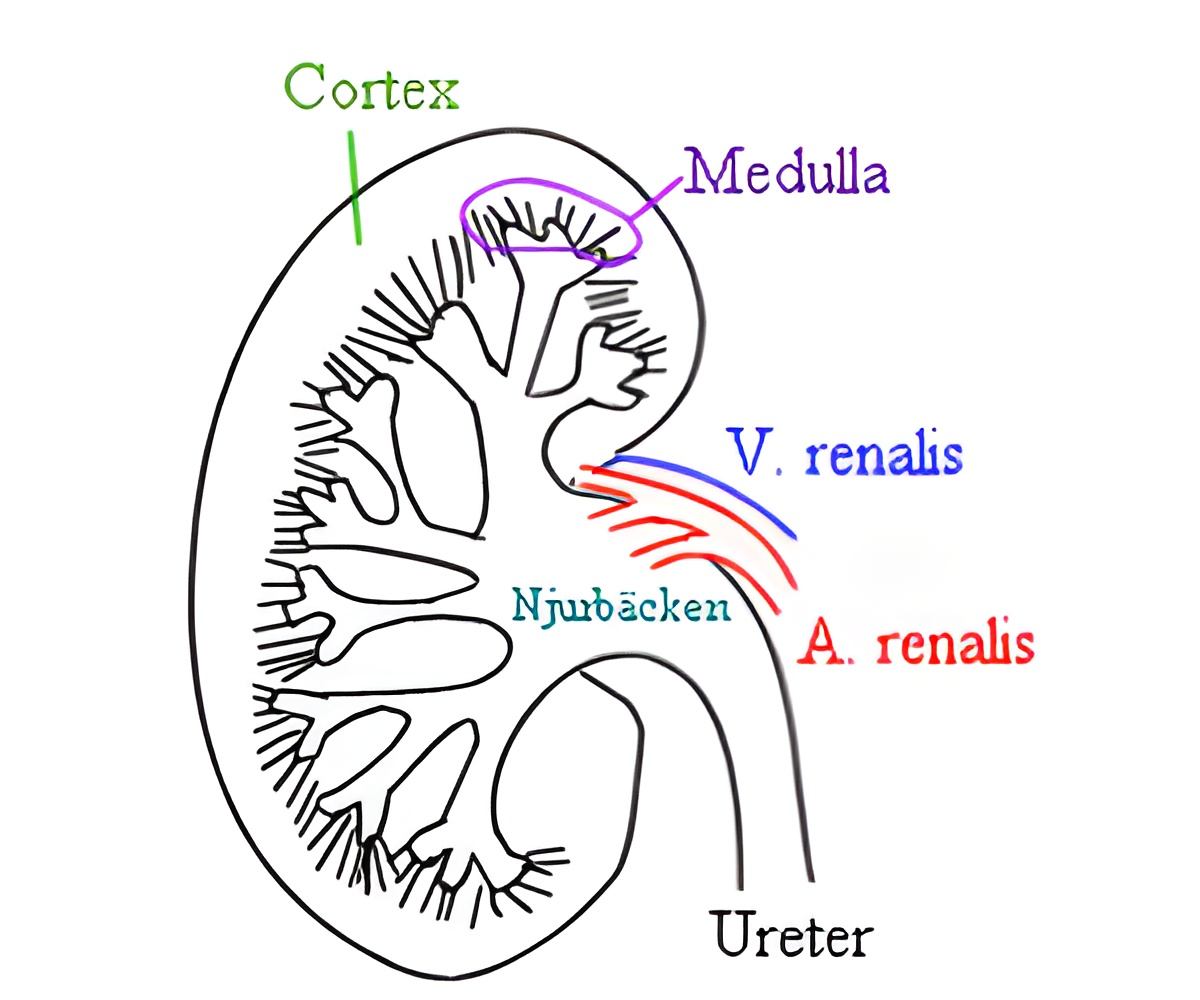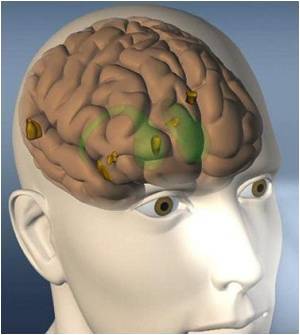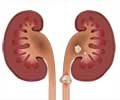In kidney stone formation, a balance between the activation of the inflammatory macrophages and suppression of the anti-inflammatory macrophages in the kidney may play a pivotal role.

"To date, the risk evaluation and the preventive index of kidney stone formation have been dependent on urinary inorganic matter such as calcium, phosphorus, magnesium, uric acid, oxalate and citrate. However, stone formers don't often show such an abnormality," he explained.
"In a series of preceding studies, we examined organic substance in kidney stones, such as protein from kidney tissue, and revealed that stone matrix and genetic environment of renal tubular cells are as important as urinary inorganic condition for kidney stone formation."
"In the past we have also shown that in mice, certain regulatory mechanisms protect against urinary calcium oxalate stone formation, and that these mechanisms may be mediated by anti-inflammatory Type 2 macrophages (M2s). However, regulatory roles of M2 macrophages in urinary stone formation in humans have not been studied."
This latest study aimed to identify urinary M2 macrophage-associated markers, by performing multiplex urinalysis in individuals prone to developing calcium oxalate kidney stones. The authors were able to observe that stone-formers had a higher level urinary M1 markers, whereas non-stone formers had a higher level of M2 markers.
Dr. Okada believes that this study may have pronounced implications for clinical practice.
Source-Eurekalert
 MEDINDIA
MEDINDIA




 Email
Email










